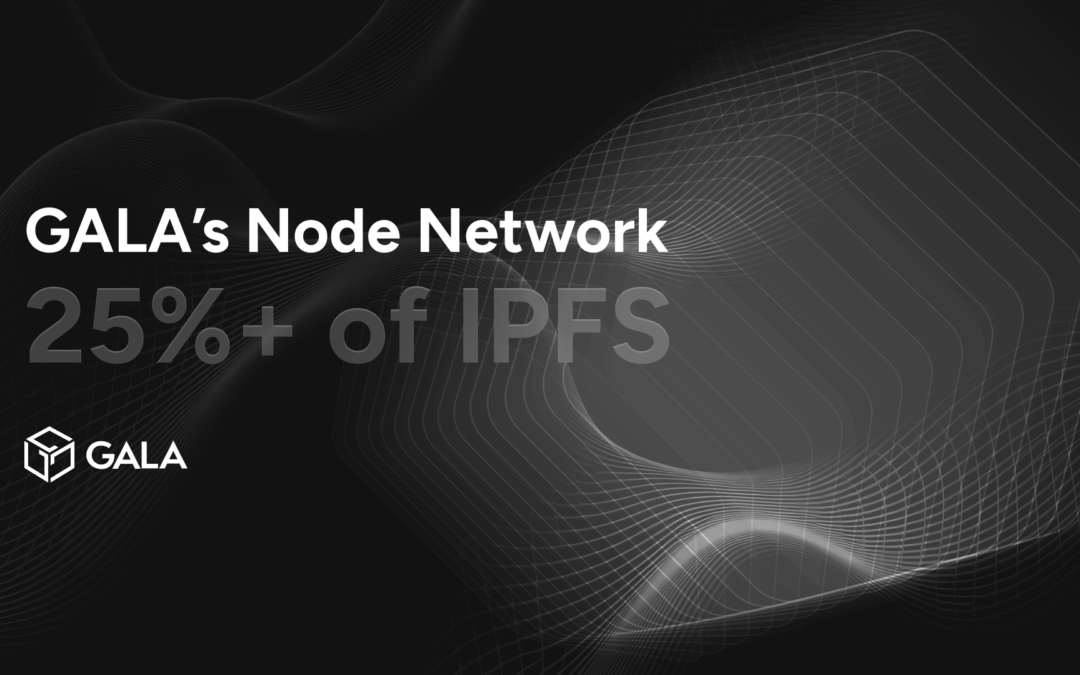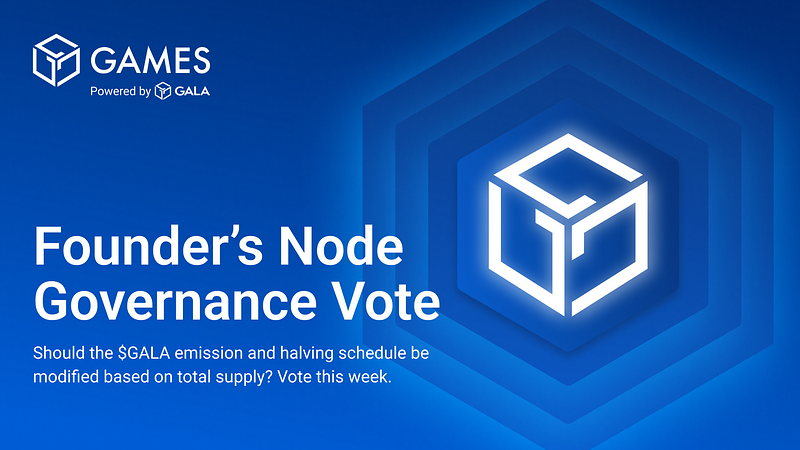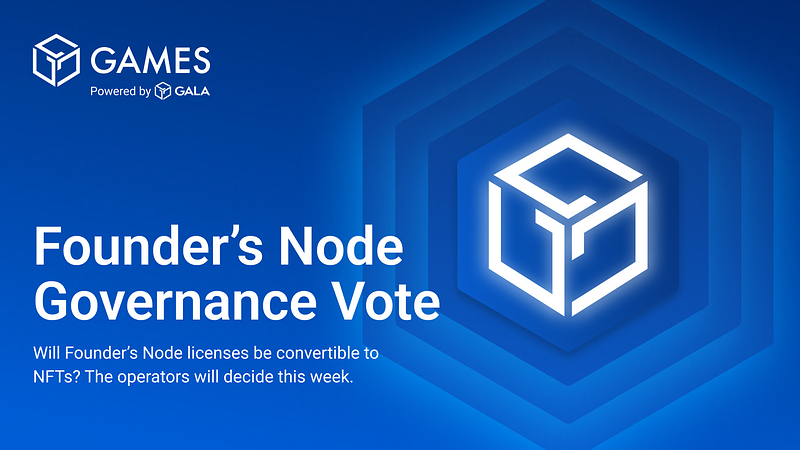
A Huge Piece of The Decentralized Web is Powered by Gala’s Node Network
You may have recently heard rumors about how Gala Founder’s Nodes constitute a large portion of the decentralized internet and IPFS. It is true that our Founder’s Nodes make up nearly 30% of the most active stable peers in the IPFS Distributed Hash Table (DHT), but that is only the beginning of the story. The Gala Founder’s Node ecosystem, with almost 24,000 DHT servers online, represents a massive contribution to decentralized storage and computing, powering the largest share of any single network contributing to IPFS today!
In this blog, we’d like to shed some more light on how this fact was realized, involving a coincidental misconfiguration over a year ago that shed light on the actual portion of the decentralized internet that was powered by Gala nodes.
We think that this is an incredibly interesting story about the resilience and security of decentralized networks, and one that is especially relevant today as we prepare to onboard greater numbers than ever before to our sustainable and capable L1 blockchain, GalaChain. But first, let’s talk a little about IPFS and the role that Gala Founder’s Nodes play in supporting the very existence of the decentralized internet protocol known as the InterPlanetary File System.
We want our non-tech-genius followers to understand and appreciate the significance of this story, so we’ll try to keep it simple as we explain. But feel free to check out THIS ARTICLE from Probelab.io for a more in-depth approach with more charts and data.
What is IPFS?
The InterPlanetary File System is a web3 internet protocol that began in 2015, designed to decentralize and democratize ownership of content on the internet.
In simpler terms, it is a solution for the storing and sharing of files, a decentralized answer to cloud-style storage.
Instead of uploading files to specific servers, they’re broken into small chunks and scattered across many computers around the world. Each chunk gets a unique fingerprint called a CID, like a personalized code.
To access a file, all that is needed is its CID. A special network called the DHT (like a giant, decentralized phone book) helps users locate the computers with specific chunks. Finally, the chunks are downloaded from those computers and pieced back together.
The DHT is maintained by nodes from the various peer networks of IPFS, like expert operators who are able to quickly look up and retrieve encrypted data from IPFS. Think of Gala Founder’s Nodes as some of the best information operators in the game, with enough storage capacity and bandwidth to ensure that the most important files are always accessible, anywhere online.
Illuminating Mishap
In January of 2023, a slight misconfiguration of Gala Founder’s Nodes in IPFS’s libp2p resource manager caused Gala Founder’s Nodes to become unresponsive within the IPFS network for a short time. The downtime was only a matter of a couple hours, but the number of unresponsive nodes was so impactful on the total number of network nodes that more research into the issue was warranted by IPFS.
Because they knew (because of the misconfiguration) that the unresponsive Nodes during that time were in fact Gala Founder’s Nodes, IPFS was afforded a rare opportunity for what was essentially a snapshot showing the portion of Gala Founder’s Nodes from the entire pool of DHT server nodes.
In THIS ARTICLE from the IPFS blog, the unresponsive node mishap (pictured above) was described, along with the solution that was quickly implemented.
Perhaps the most interesting thing about this incident was that even with about 60% of its nodes unresponsive, the DHT was still able to deliver content as intended, keeping IPFS running, just a little slower than normal. This is a testament to the power of the decentralized internet, where software can be updated on the fly across multiple distributed node networks without negatively affecting the performance of IPFS.
Uncovering Gala’s Role
Because of the intrinsic encrypted security of decentralized networks, it can be difficult to draw specific information about where support is coming from. However, in this situation, the technicians at Interplanetary Shipyard were able to draw some interesting results from the data. They were even nice enough to share them with us when we asked for a quote in early February of 2024:
“Our latest numbers say that 5321 out of 20093 peers that appeared online the past week (have been online for 80% of time or more), have been Gala peers. That makes for more than 26% of the network. I’m sure there are more Gala peers in the network and that the IPFS network has more peers too, it’s just that these are the most stable ones.” – Yiannis Psaras, IPFS Shipyard
It’s worth noting that we have a lot more than 5321 Nodes running every day. This number is only the most active Nodes in the ecosystem, and it still makes up a MASSIVE portion of the total peers on the network. There are tens of thousands of other nodes running in the Founder’s Node Network as well, showing how much further we could flex together if we needed to.
Thanks to Probelab
We’d like to especially thank Yiannis Psaras (quoted above) and Dennis Trautwein from Probelab, who have assisted us with this data. Probelab is one of the largest contributors to IPFS Shipyard, a collection of open source projects created and maintained by members of the IPFS community.
Probelab is a Benchmarking and Optimization Team “on a mission to measure the performance of Web3.0 network protocols, benchmark protocols against target performance milestones and propose improvements to their core design principles.” (from the Probelab introduction)
These folks are heroes of the decentralized era whose work is always needed but rarely seen. Thank you so much for all your great work in web3’s foundations!
We’re downright proud that our Founder’s Nodes make up such a large portion of the DHT server nodes. Still we may be even prouder that when those Nodes were down, the decentralized internet kept right on going and didn’t miss a beat.
Nice job out there, decentralization pioneers!





